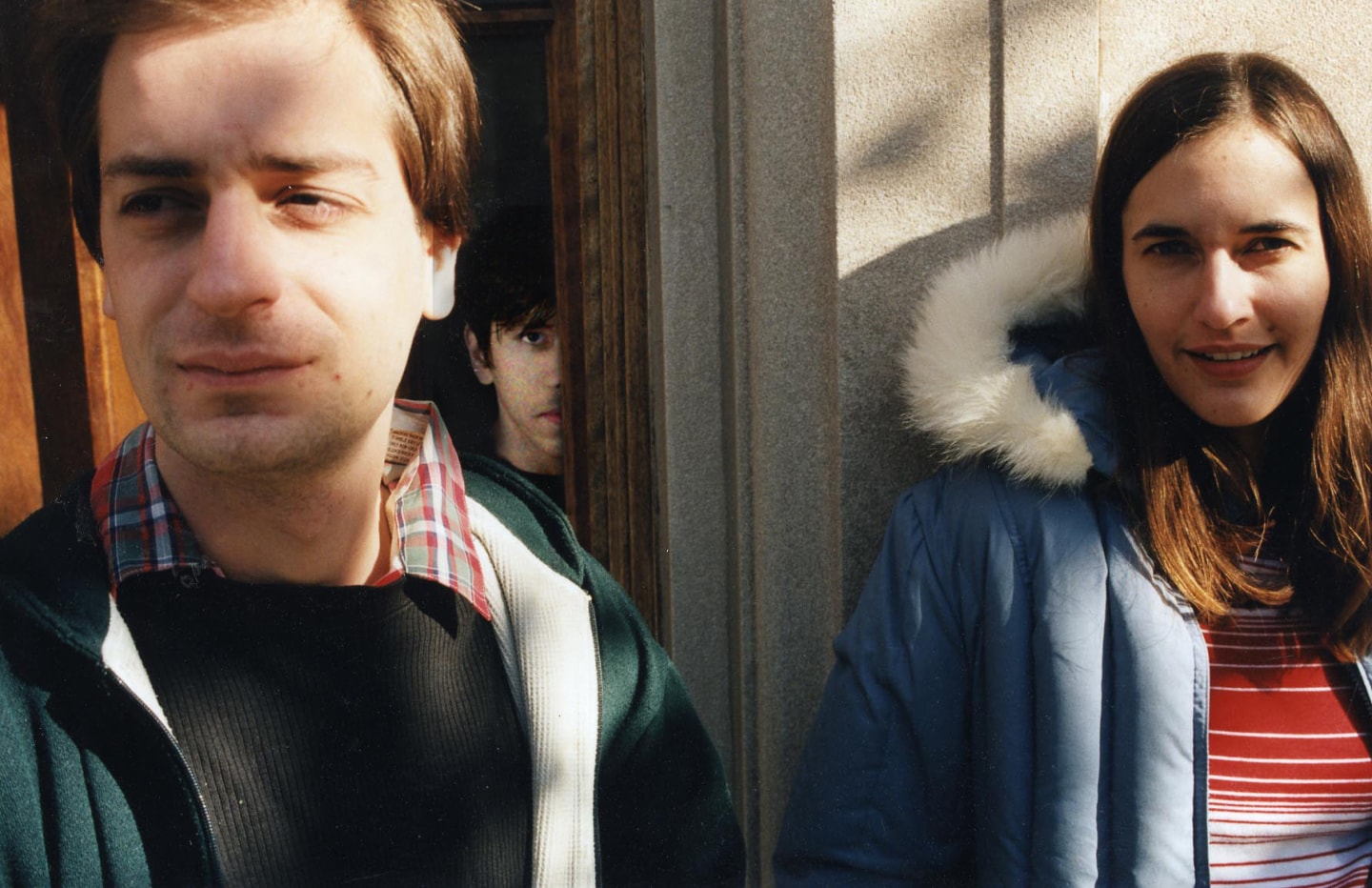The Children’s Hour. Photo by Dan Osborn.
Discover Blogly is The FADER’s curated roundup of our favorite new music discoveries.
Every work of art is a time capsule, a reflection of its particular cross-section of history. For The Children’s Hour’s Going Home, that place-moment was Louisville, Kentucky in 2003. The group started as a duo in Chicago, where opera school dropout Josephine Foster met art school student/classical guitarist Andy Bar. Taking their name from a Longfellow poem about the period “between the dark and daylight,” they made quietly intricate, percussion-less music, releasing their debut SOS JFK in 2003, before former (and future) Slint guitarist David Pajo caught their set at The Hideout. He invited them on tour with his new group Zwan and began joining them live on drums.
The beauty of a “lost album” is the sense that you’re receiving a reanimated piece of an alternative, living history. Going Home is a record that was shelved by a label, fell out of print before the mp3 era, and whose very recordings were filed away, misplaced, and rediscovered 20 years later. Created (and subsequently lost) at the Louisville studio of Will Oldham’s brother Paul, the project borders on the utopian environs of Drag City’s second decade but doesn’t sound quite like anything released by the band’s contemporaries on the label. (The project’s long-delayed release came on February 23 via Sea Note, a Drag City Imprint.)
Going Home certainly contains some of the hallmarks of a DC production — at an elemental level, it’s loose folk rock with a slacker sensibility — but unlike the Silver Jews, Pavements, Smogs, and Bonnie “Prince” Billys of the era, The Children’s Hour’s unsanded edges are lapped by the waves of Foster’s sublime vocals. Compared to his guitar work in Slint and elsewhere, Pajo’s drumming here is relatively straightforward, building a steady foundation for his bandmates’ contrapuntal guitars and the soaring clarity of Foster’s voice. On paper, the music is confined to these four elements. Taken together, though, they form an unbound entity capable of expanding into jubilant chamber pop one moment and contracting into lonesome cowboy country the next.
Opener “Leader Soldier” contains Laetitia Sadier-inspired vocal lines and harmonies that sound like Stereolab demos, whereas Foster sounds like Margo Guryan on its follow-up, “Dance With Me,” even against the down-home backdrop of Bar’s campier vocal contributions and a drawling electric guitar. The more angular guitar lines that introduce “Rainbow” give shades of Spiderland, though Foster’s ennui feels more aligned with Sibylle Baier’s than Brian McMahan’s. For “Anna,” on the other hand, she crosses Dolores O’Riordan with Joni Mitchell for an upbeat campfire sing-along complete with a whistled interlude. “Wyoming” is sneakily ahead of its time, prefiguring the haunted ballads of Angel Olsen’s Strange Cacti by eight years. And the album’s closing, titular track returns to the sing-song simplicity the group’s moniker implies.
In the pantheon of projects lost and found, Going Home represents the platonic ideal — a record that exists both in and outside of its time, a stolen classic returned to its rightful cult, an early spring after a winter of oblivion.




